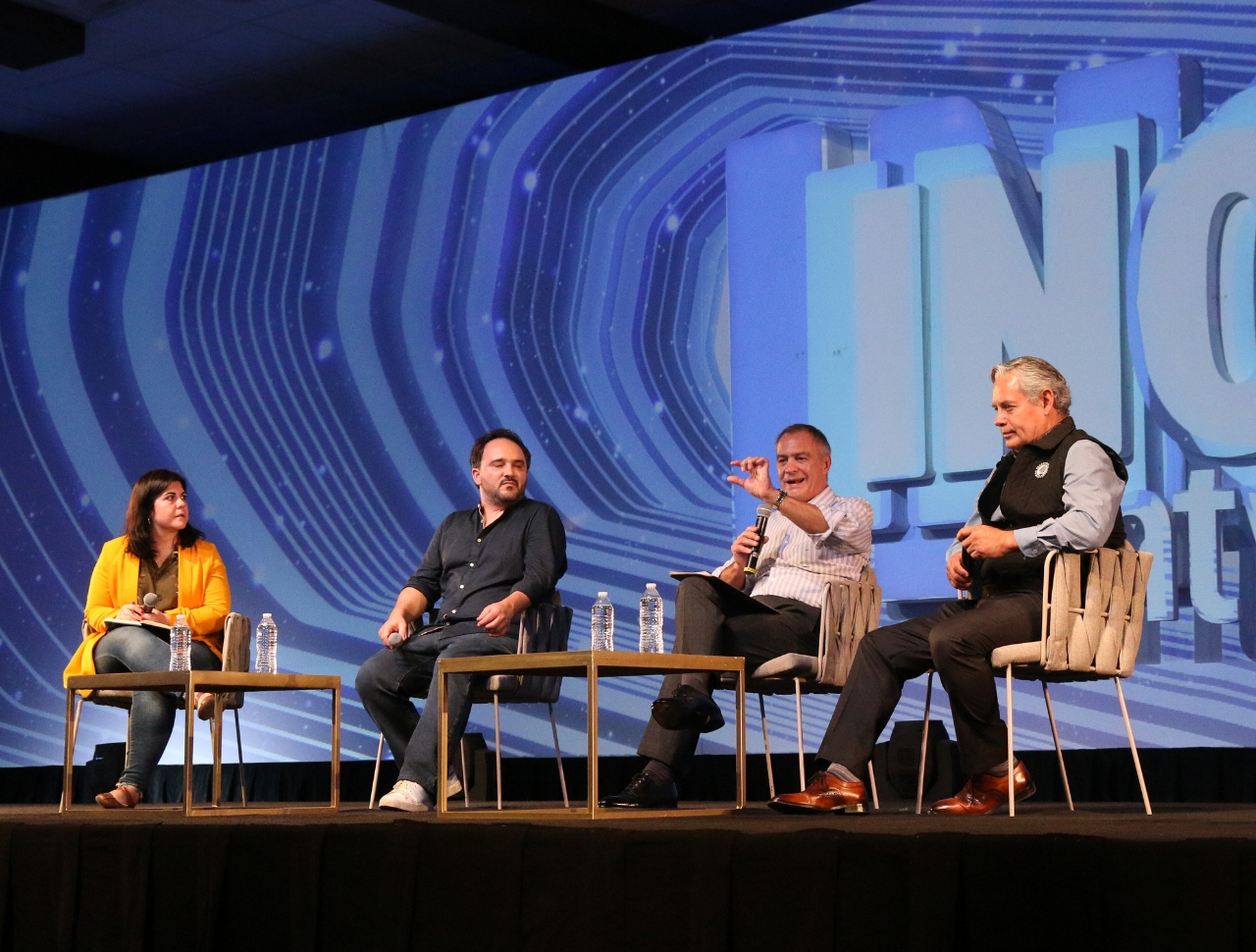By José Ángel de la Paz
In his latest book, Carlos Scheel, a renowned professor of EGADE Business School at Tecnológico de Monterrey, explains how to transform a linear business initiative into a “circular system with an extended value that involves multiple disruptive models,” which is not only financially profitable and appealing, but also aligned with the sustainable growth of a region.
“We must challenge the conventional linear model of businesses and institutions, and create frameworks that are adapted to promote sustainable wealth, zero-emission models, new jobs, economies that produce fewer products that require limited resources, products for larger markets, less waste, less squandering of potential, and a greater awareness of the need to regenerate natural resources,” says the author in the preface of Diseño de nuevos negocios de economía circular (Designing New Circular Economy Businesses), now available on Amazon.
Achieving the Circular Economy, according to Scheel, involves shifting from the linear growth paradigm to an approach based on systems, flows and cycles.
“It is an opportunity to rethink our conventional economies and current business models to become more resilient with a conscious, social and environmental approach,” he says.
Moreover, according to this researcher, in order to reach “unconventional economic models”, it is necessary to establish suitable structures per region and to train entrepreneurs with a systemic and sustainable vision.
In his book, Scheel describes a methodology drawn from multiple cases and focused primarily on:
- Identifying unconventional opportunities
- Analyzing the conditions of a region, whether they are necessary and sufficient, to establish circular value systems.
- Driving the transition from a linear to a circular model
- Understanding the dynamics of a circular phenomenon that leads to increased added value.
- Designing the Circular Economy Business Model (CEBM)
- Working on the strengths of the CEBM while also measuring them.
- Developing a business strategy that leads to sustainable advantages that are unlikely to be replicated by the competition, or by linear businesses, with the benefit of shared value and in alignment with society and the environment.
Scheel is a member of the SWIT research group (Sustainable Wealth creation based on disruptive Innovation and enabling Technologies) and author of over 50 scientific articles and 13 books, including Innovation towards a Sustainable World and Innovacities.
